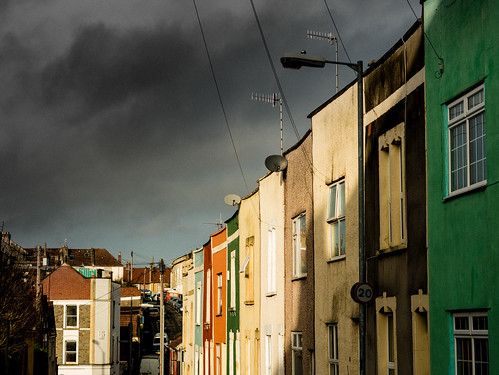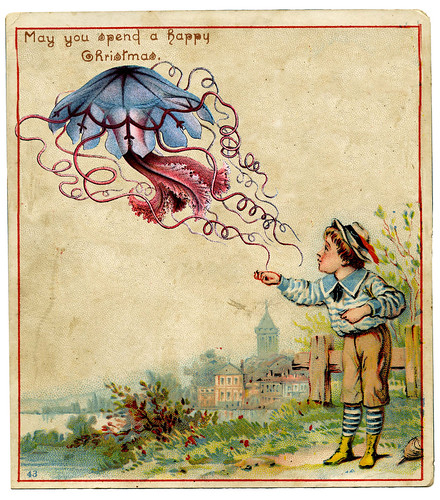This talk by Maciej Ceglowski (who y’all should be reading if you aren’t already) is really good on silly claims by philosophers about AI, and how they feed into Silicon Valley mythology. But there’s one claim that seems to me to be flat out wrong:
We need better scifi! And like so many things, we already have the technology. This is Stanislaw Lem, the great Polish scifi author. English-language scifi is terrible, but in the Eastern bloc we have the goods, and we need to make sure it’s exported properly. It’s already been translated well into English, it just needs to be better distributed. What sets authors like Lem and the Strugatsky brothers above their Western counterparts is that these are people who grew up in difficult circumstances, experienced the war, and then lived in a totalitarian society where they had to express their ideas obliquely through writing. They have an actual understanding of human experience and the limits of Utopian thinking that is nearly absent from the west.There are some notable exceptions—Stanley Kubrick was able to do it—but it’s exceptionally rare to find American or British scifi that has any kind of humility about what we as a species can do with technology.
He’s not wrong on the delights of Lem and the Strugastky brothers, heaven forbid! (I had a great conversation with a Russian woman some months ago about the Strugatskys – she hadn’t realized that Roadside Picnic had been translated into English, much less that it had given rise to its own micro-genre). But wrong on US and (especially) British SF. It seems to me that fiction on the limits of utopian thinking and the need for humility about technology is vast. Plausible genealogies for sf stretch back, after all, to Shelley’s utopian-science-gone-wrong Frankenstein (rather than Hugo Gernsback. Some examples that leap immediately to mind:
Ursula Le Guin and the whole literature of ambiguous utopias that she helped bring into being with The Dispossessed – see e.g. Ada Palmer, Kim Stanley Robinson’s Mars series &c.
J.G Ballard, passim
Philip K. Dick (passim, but if there’s a better description of how the Internet of Things is likely to work out than the door demanding money to open in Ubik I haven’t read it).
Octavia Butler’s Parable books. Also, Jack Womack’s Dryco books (this interview with Womack could have been written yesterday).
William Gibson (passim, but especially “The Gernsback Continuum” and his most recent work. “The street finds its own uses for things” is a specifically and deliberately anti-tech-utopian aesthetic).
M. John Harrison – Signs of Life and the Kefahuchi Tract books.
Paul McAuley (most particularly Fairyland – also his most recent Something Coming Through and Into Everywhere, which mine the Roadside Picnic vein of brain-altering alien trash in some extremely interesting ways).
Robert Charles Wilson, Spin. The best SF book I’ve ever read on how small human beings and all their inventions are from a cosmological perspective.
Maureen McHugh’s China Mountain Zhang.
Also, if it’s not cheating, Francis Spufford’s Red Plenty (if Kim Stanley Robinson describes it as a novel in the SF tradition, who am I to disagree, especially since it is all about the limits of capitalism as well as communism).
I’m sure there’s plenty of other writers I could mention (feel free to say who they are in comments). I’d also love to see more translated SF from the former Warsaw Pact countries, if it is nearly as good as the Strugatskys material which has appeared. Still, I think that Ceglowski’s claim is wrong. The people I mention above aren’t peripheral to the genre under any reasonable definition, and they all write books and stories that do what Ceglowski thinks is only very rarely done. He’s got some fun reading ahead of him.



